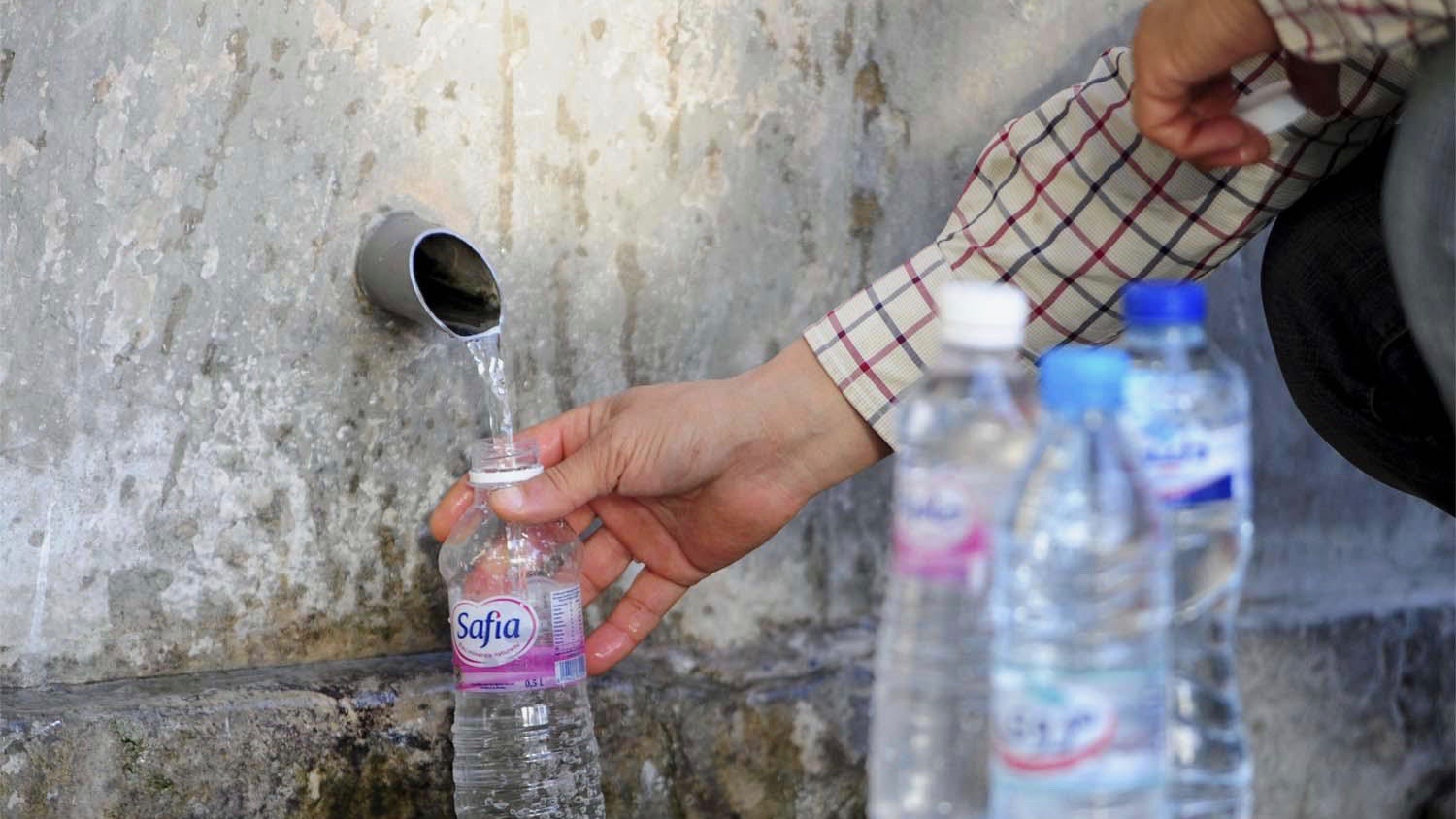Tunisian government authorities have implemented a strict nationwide rationing system for water, owing to a severe and prolonged drought in the country. The measures, first announced by the government last month, stipulate the rationing of water starting from the month of April until September.
Authorities announced that anyone found violating the rationing rules can face fines and even jail term. According to a spokesperson of the Agriculture Ministry, the rationing order applies to all regions connected to the state-owned water distribution system, including in capital Tunis, but does not include rural areas that get water supply from wells or other local sources.
The government’s order states that spigots across the country will be cut off for seven hours daily from 9 pm to 4 am. As a result, citizens may be forced to buy bottled and packaged water for basic household needs. Additionally, a ban has also been instituted against the use of potable water for irrigation of farmlands, watering green areas in cities, and for cleaning streets and cars. Anyone caught using tap water for washing cars and other listed offenses could face fines of 60 to 1,000 dinars (USD 20 to 320) or even prison sentences ranging from six days to nine months.
The drought and water crisis in Tunisia—as in many other countries in the region and the world—is primarily attributed to man-made climate change and global warming. Abnormally high temperatures have caused water levels in dams to significantly decrease, down to 17% in some areas. Water levels have dropped in major dams such as the Sidi Salem dam in northwest Tunisia, which provides water to large parts of the country including the capital, as well as water for irrigation. A ministry official said that the water level in this dam is at its lowest since its construction in 1981.
Tunisia could also face a severe heat wave during the summer, leading to less than normal rainfall and more water shortage. This could have an extremely disastrous impact on water levels in dams, as well as on farmlands in the country. The drought is negatively impacting other industries and sectors as well. Hospitals and hotels have reportedly been forced to store water in large water tanks, and the tourism industry—one of the biggest in terms of revenue—is also facing difficulties catering to clients.
The water crisis adds to years of political instability since the Tunisian revolution and the recent takeover of power by President Kais Saied, along with an economic decline due to misgovernance, corruption, and other factors. This has aggravated the problems of ordinary Tunisians, whose income and spending power has drastically declined over the years. Citizens are already grappling with high inflation levels, growing poverty and unemployment, and shortages of several basic commodities. The government’s order was also issued during the holy Islamic month of Ramadan, when people keep day-long fasts and gather in large numbers to break them, with reports suggesting that water usage during this month is especially intense.





